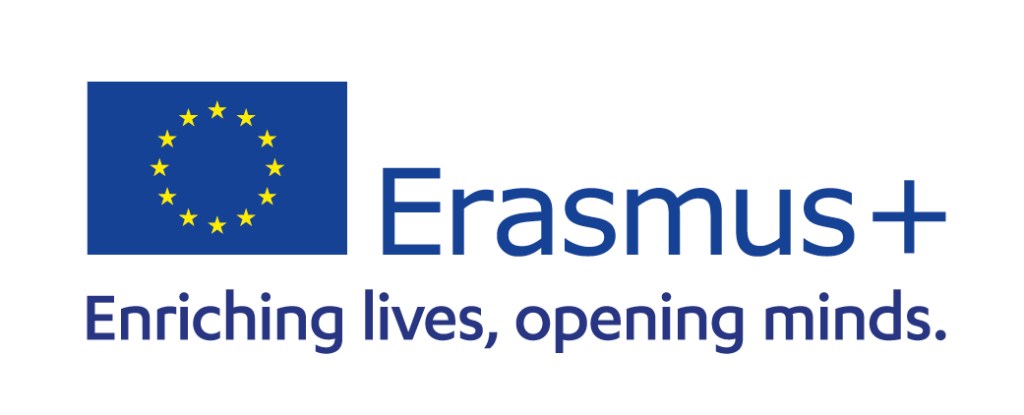Partenaires
- The Rural Hub, Ireland, coordinator
- Fundacion Siglo 22, Spain
- SOLUTION: Solidarité & Inclusion, France
- Social Youth Development, Greece
- Forum Citoyens, Belgium
- Skills Elevation, Germany
Project’s rationale
Eighty-four percent of the world’s population belong to a religion – a percentage that is rising all the time (Deutschland, 2019). Germany today is an intercultural and multi-faith country. While much of the population are Christian (22.6 million Catholics, 27.2%, of the population; and 20.7 million Protestants, 24.9%); Islam is the biggest non-Christian religion practiced in Germany, with followers accounting for about 5% of the population (approximately 4 million people). The same composition is found in France, with almost 38million Christians, 5.4 million Muslims, 340,000 Jews and 20.8 million nonaffiliated citizens. In Belgium, Ireland, Greece and Spain, Islam is the second largest religion after Christianity; with 68% Christian and 4.5% Muslim in Spain; 93 % Greek Orthodox Christian or Other Christian and 2% Muslim in Greece; 84.6% Christian and 1.3% Muslim in Ireland, and 62.2% Christian, 6.8% Muslim in Belgium.
What these statistics show us is that religion plays a significant role in the daily lives of European citizens; but religion can also be a source of conflict between religious groups, and not enough is being done on a national level in our countries to encourage dialogue between these faith groups and cultures, to raise awareness of our shared values and to create a peaceful co-existence between cultural and religious groups across Europe. European citizens are taught to celebrate the diversity within our society. Through practicing tolerance and acceptance of others, Europe should be a utopia for cultural, religious, and political freedom for all its citizens.
Objectifs du projet
The core objective of the CO-EXIST project is to support young people in our communities to engage in citizen journalism, to counter the narratives of other religions that are presented in the mainstream media, and to harness the potential of social media platforms to promote cultural and religious tolerance across Europe.
Project’s resources
To achieve these goals, the partnership has created the following educational resources:
- Citizen Media Curriculum to develop the skills of Young People
- In-service Training for Front-line Youth Workers
- CO-EXIST WebQuests for Interfaith Dialogue and Digital Newsroom
All the resources are available on CO-EXIST learning platform!
Suivez-nous sur sur les réseaux sociaux Facebook pour ne rien manquer !




